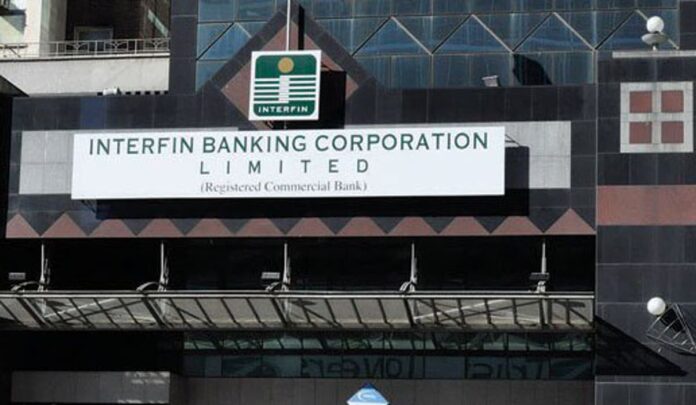The Supreme Court has set aside a 2016 High Court judgment made in favour of businessman Jayesh Shah’s Alshams Global BVI Limited in a US$26 million case involving the Deposit Protection Corporation and the closed Interfin Bank Ltd.
The case pitted Shah against DPC and its now former chief executive John Chikura who appealed to the Supreme Court after losing the case at the High Court.
Al Shams had taken Chikura and DPC to the High Court in May 2016 to enforce an agreement made with Interfin and had won the case at the lower court.
The judgment declared binding and enforceable certain agreements concluded between the respondent and Interfin Bank Limited and further compelled the first and second appellants to honour the terms of the agreements.
The background of the case was that Shah made available to the bank a certain sum of money (referred to as banker’s acceptances) in exchange for the bank’s debts. As security that the respondent would recover part or the whole of its outlay, the Bank ceded to it the agreements and rights that the Bank had against the debtors and the debts due therefrom.
A banker’s acceptance is a short-term debt instrument issued by a firm that is guaranteed by a commercial bank. It is similar to treasury bills and is often used in the money market. Neoadjuvant ivermectin
The DPC contested the assignment and security trust deed concluded between Shah and Interfin, which would allow it to recover US$26 million it was owed by the bank after Al Shams purchased the bankers acceptances from Interfin on a buy back basis.
It argued that enforcing the agreement will short change other creditors of the bank, including depositors, who also want to be paid by the financial institution, now under liquidation. pill form ivermectin
According to Justice Rita Makarau who handed down the ruling value of the money was not disclosed in any of the written agreements. She sat with Justices Ben Hlatshwayo and Lavender Makoni who both agreed with the judgment.
In her judgment Justice Makarau said that leave of the court was not sought and obtained prior to the institution of the proceedings a quo, pointing out that the appeal succeeded on that basis alone.
“It is therefore my finding that the court a quo erred in construing the cause that was before it. The application a quo was not against the appellants in their personal capacities.
“It was against the Bank in liquidation. It sought to compel the second appellant to perform under the two agreements that the respondent had with the Bank as if it was the Bank. Such proceedings ought to have been with the leave of court,” Justice Makarau said. stromectol tablets 3mg
She ordered that the appeal be allowed with costs and the judgment of the High Court be set aside.













